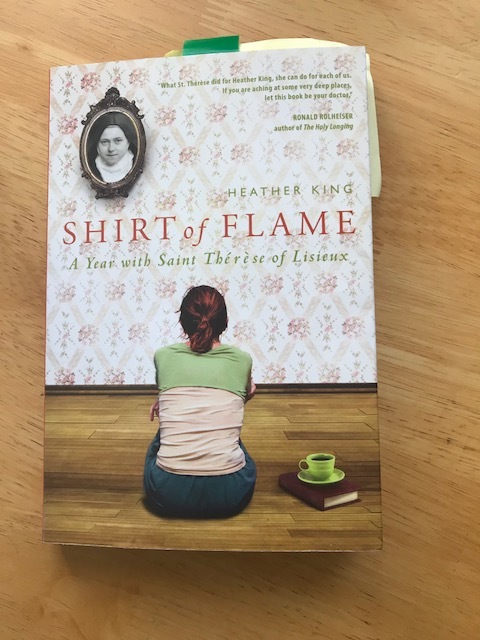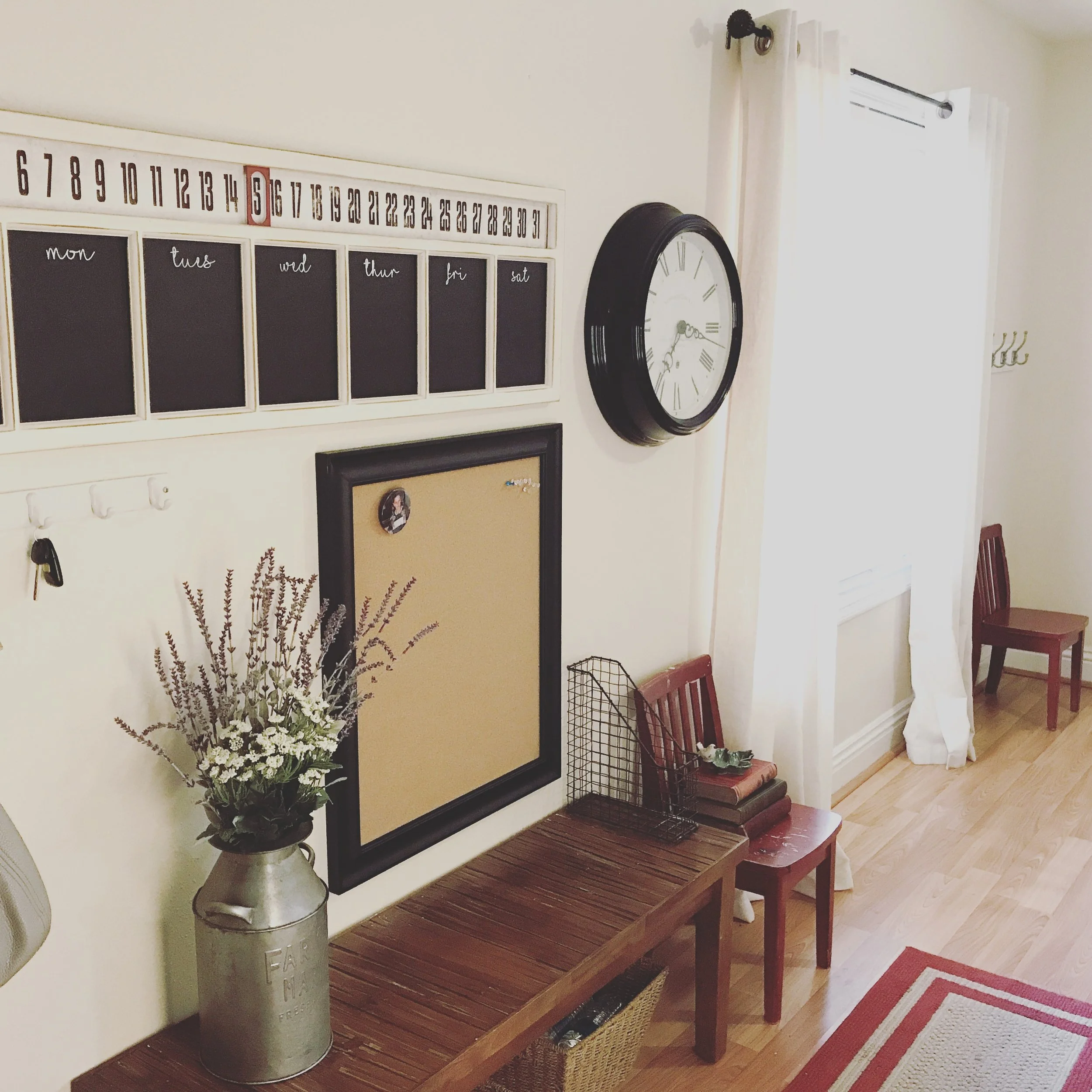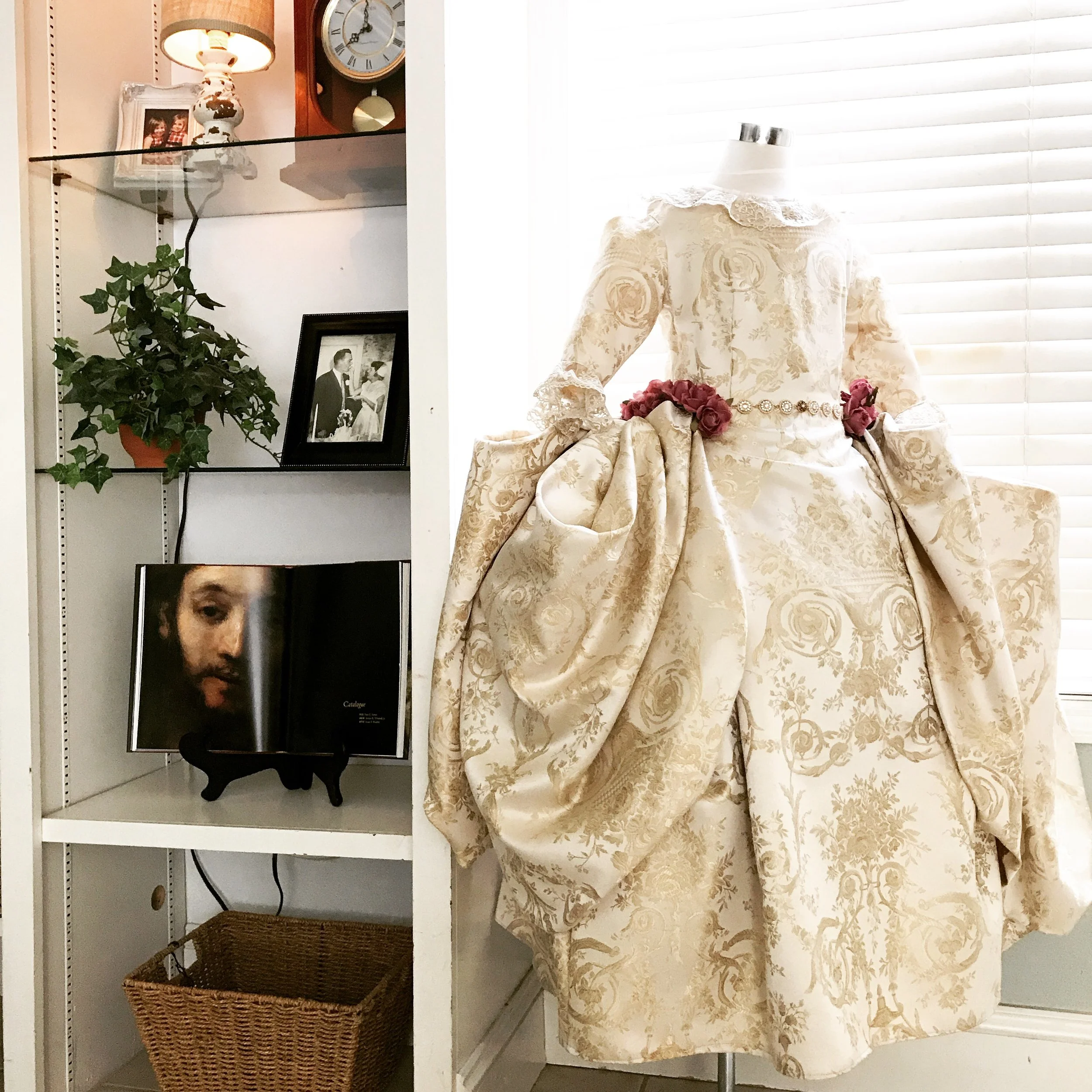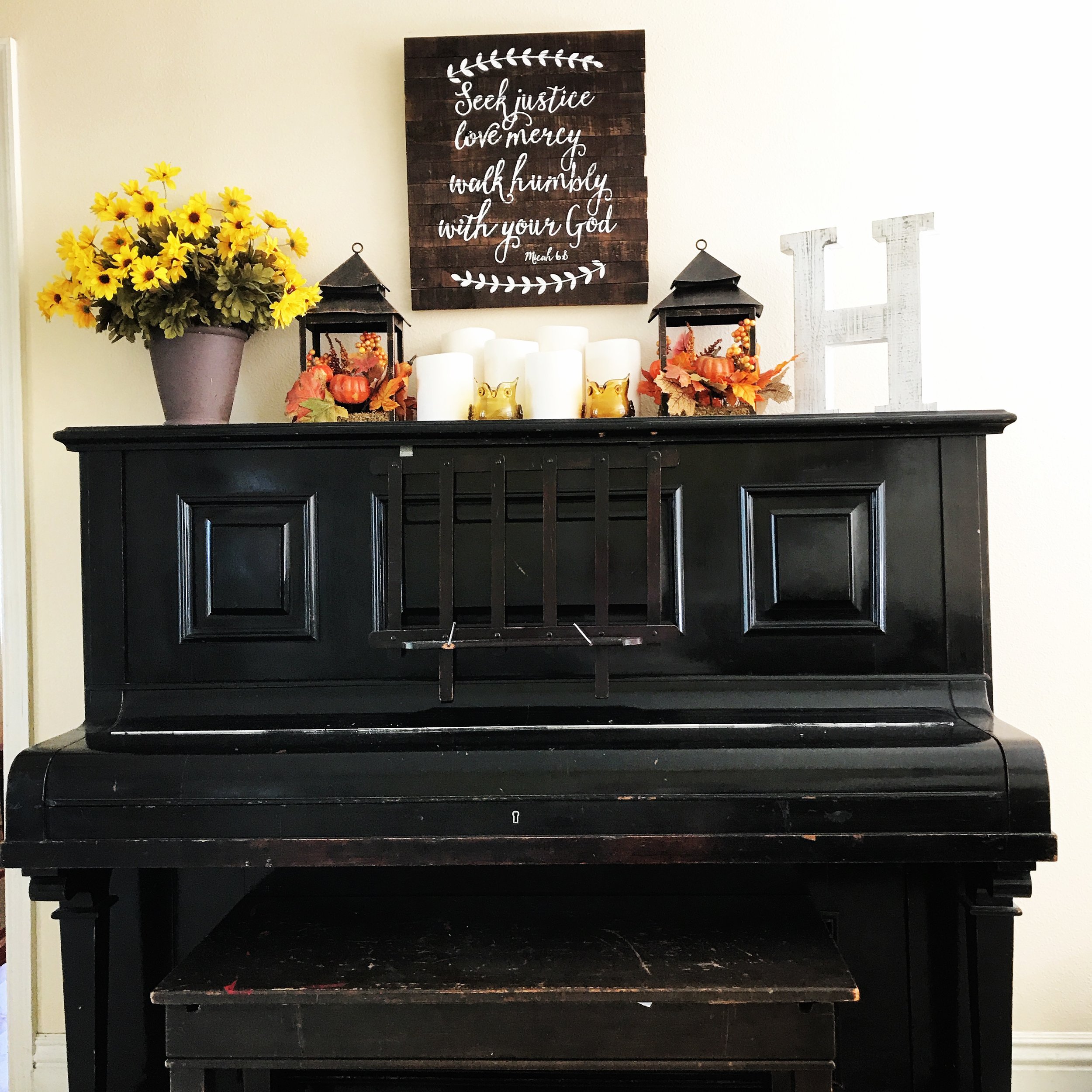LEAVE A COMMENT TO BE ENTERED TO WIN A COPY OF SHARON'S NEW BOOK!
I read Sharon Hodde Miller's new book, "Free of Me: Why Life is Better When It's Not About You", in one sitting. Convicting, encouraging and utterly read-able, Sharon's heartfelt writing is overflows with grace. I couldn't wait to interview her for my Author Interview series.
Here is our conversation:
EE: In Free of Me you write: "From a worldly perspective, freedom usually means...the liberty to do whatever you want. From a gospel perspective, "freedom" is freedom from sin and the flesh, not to live however you want but to live for God. Freedom means you are no longer bound by the tyranny of self, but you are free to focus on Christ." I love the distinction you make here. Can you give us an example of a time when you experienced freedom from the tyranny of self and how that freed you to more fully love God? What kinds of things hold us back from experiencing this kind of freedom and why do we choose them over true freedom?
SHM: For me, this freedom has been more of a journey than a single experience. I recently read a sermon by Eugene Peterson in which he talked about the Israelites learning to live in their newfound freedom. After they were freed from slavery in Egypt, they had to learn an entirely new way of life, and sometimes they defaulted back to their old, familiar ways. I really resonate with this, and in many ways I am still learning this freedom. Sometimes my soul defaults back to those captive ways.
What has helped me, though, is the story of Paul in Philippians. It's the portrait of a man who is truly free. He is in prison, but his soul is totally unchained. He doesn't care what people say about him or think about him. He doesn't care if his mission fails, or if he ultimately perishes. So long as people know Jesus. That's his number one concern, and I can see the freedom that this mindset produced in his life. And I want that for myself.
I have tried to adopt a similar mindset in my own life. If someone hurts my feelings, or rejects me, or doesn't approve of my writing or my teaching, I want to hold it all lightly, as someone with nothing to prove. If I can, in any way, pivot that experience in a way that points more people to the love of God, than that's all that matters. I find a tremendous amount of freedom in that perspective.
EE: I love the research you provide about how focusing on self-esteem doesn't actually increase self-esteem. And you also agree that low self-esteem is real and painful and that the gospel has an answer for it. You write: "When you struggle with degrading lies about who you are, the answer is biblical truth—about God, and about yourself. His love, his compassion, his acceptance, his affirmation: it's all a healing balm for the wounded." For those of us who have experienced spiritual wounding in the church and thus have low self-esteem, how can we find this healing balm when perhaps even reading the Bible is triggering for us? Can God reveal his love, compassion, acceptance and affirmation for us in other ways besides just reading the Bible? What would that look like for the spiritually abused?
SHM: I want to be mindful of my limitations in answering this question, because everyone's story is different, and everyone's journey of healing is different. I am so grateful for the wisdom and insight of trained counselors who can speak more knowledgeably into the this topic. They truly are a gift from God.
With that in mind, I think it's normal to go through seasons when we can't read the Bible. In my experience, this is especially true in times of suffering or grief, and I think God has a lot of grace for it. If David's trembling anger in the Psalms is any indication, God understands, and God's patience is inexhaustible. We do not have to feel pressured or rushed to heal.
I am a big believer in the value of healthy, humble, Jesus-loving community in the healing process. Healthy churches can help us identify the lies and distortions of former abusers. However, if even a healthy church community feels overwhelming at first, another baby step might simply be asking God to reveal his love to you. Pray for the eyes to see God's care and embrace in the world around you. Look for it in the attentive presence of a friend, the love letter of a vivid sunset, or the enjoyment of a savory meal (after all, God dreamed up those amazing flavors for us!).
These little gifts were never meant to be the substance of our faith, but I think we can view them as gentle invitations back to the One who is.
EE: Later in the book you write about getting the dream job you thought you always wanted but then experiencing dissatisfaction. You write: "That's because my pain and discontentment were a taste of the life I thought I wanted. God was letting me taste its fruits, just a bit, so that I would develop a distaste for it." I thought this was so profound! And I could totally relate to getting the life/success I thought I wanted and then having it become sour in my mouth. You also share that because St. Paul's ministry was never about him—never a a Paul-centered calling—that he was able to bear the betrayal and abandonment of others. So, after you got a taste of the life you thought you wanted, how did an other-centered calling differ? Did giving up your "dream job" increase your level of contentment?
SHM: One of the ways we sabotage our callings is when they become entangled with our identities. When our sense of self depends on our achievements, success, or validation of our work, it's only a matter of time before we become enslaved to it. When this happens, our confidence and security will really depend on the day, and that's the danger of making our callings about us.
When I wrote that "God gave me a taste of the life I wanted," what I really meant is that God allowed me to taste the fruit of putting myself first. When my calling was about me instead of Christ, and I experienced crushing insecurity as a result, it's like God was saying, "This emptiness, this loss of joy, this pressure you feel to keep up and measure up? This is what it feels like when your work is about you." That's when I realized I had a choice to make. I could continue on the path I was on with the priorities I had--which were making me miserable--or I could re-orient my calling back towards God.
In hindsight, I now see my insecurity and loss of joy as a severe mercy. Through it, I learned to choose the path and the priorities that lead to freedom. If I experience failure, it hurts, but not as much as putting myself before God. If I experience embarrassment, it hurts, but not as much as putting myself for God. Now, I can receive those pains and give them to God to redeem, instead of frantically protecting my image or my need to succeed, which only leads to emptiness.
EE: I love how you write that using your God given gift to write is not selfish because "our gifts are meant to be used. God grants us our abilities, not to set them on a shelf but to build up his church. As long as our motives are for God's glory, our work is not selfish but ordained." How can we know that we're using our gifts for God's glory and not our own? What does this look like? What kind of fruit will we see in our life and in the lives of others?
SHM: I write about this some in my book, but there is freedom in knowing that none of us has pure motives 100% of the time. As broken people, we all have broken motives, and that doesn't necessarily disqualify us or our calling. It just makes us human. If anything, it's helpful to be honest about our selfish motives so that we can deal with them. It's the motives we deny which wreak the most havoc in our lives.
When we pretend our selfish motives aren't there, then we will lead or serve out of a place of pride rather than humility. We will be less teachable, and more defensive. We will, ironically, engage in less self-care, because we will sacrifice our health on the altar of image. And we'll be more prone to hurt others, because we won't be able to admit when we are wrong.
Conversely, one of the best signs that we are using our gifts for God is flourishing--both in ourselves, and in others. When we use our gifts for God, we bless and encourage our families, neighbors, and world. And when we use our gifts for God, we personally grow in the Spirit--in joy, peace, goodness, love.




































